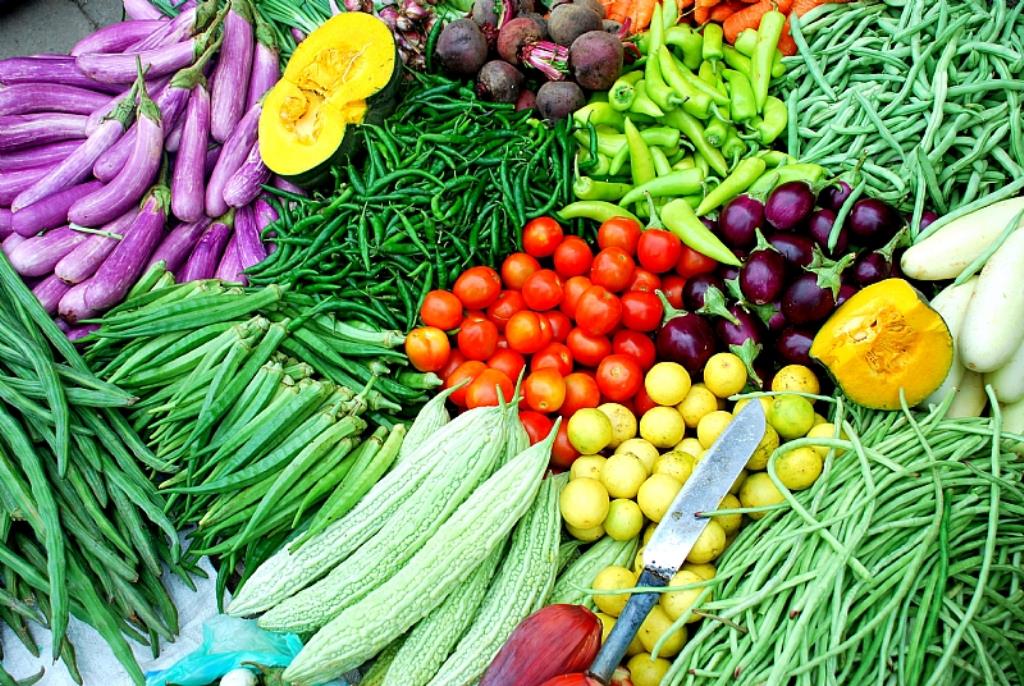Despite the non-available data to prove that the consumption of non-organic food contributes to high rate of diseases, it would not be out of place also for one to conclude that non-organic food consumption shortens the lifespan of individuals.
But the quest for consumers to patronize safe foodstuff by health officials and stakeholders in the production chain has led to the general calls on farmers to begin producing organic food in the Upper East Region.
Given that, the Director of the Department of Agriculture in the Upper East Region, Francis Ennor has charged farmers to begin venturing into organic farming to help boost the food safety network.
According to him, though organic farming is expensive, its result is greatly rewarding hence farmers should be hesitant of post-harvest losses.
Mr. Ennor, who spoke exclusively to A1 News noted that the government in collaboration with other stakeholders in the agriculture sector are putting in measures to ensure that farmers revisit the ancient agricultural practices as it has introduced organic fertilizer as part of its subsidy coupons for this year’s planting for food and jobs initiative.
This, he said will help convince farmers and also reawaken their minds into the olden days of farming where animal waste and others (manure) were used as fertilizers for plants.
“As a government institution, we are also encouraging the farmers to see organic farming as part of their activities. Yes, we all know how expensive organic farming is, but that doesn’t mean farmers should not venture into it. The government, this year, is putting or adding up subsidies organic fertilizers where farmers can buy and use to apply their farmers. This initiative is geared towards farmers revisiting the olden days’ practice of farming. We all know the importance and differences between organic food and non-organic.”
Mr. Ennor stressed that for the region to collectively venture into organic food production, consumers have to set the space as they have the purchasing power to determine what farmers should plant.
“You know, we are still at a point where consumers don’t care about what they consume. What they want is to go to the market and get their pepper or tomatoes to buy whether organic or not they don’t care. But if they begin to understand and appreciate their health knowing that for them to live healthily they ought to eat organic and ready to pay more for it, farmers will change their farming practices. The consumer has the power to determine what it wants to consume and by so doing it for us indirectly telling the farmer to shift from non-organic to organic.”
Knowing very well that it will take consumers in the region years before they could determine what they can consume in terms of it being organic or not, Mr. Ennor, however, cautioned farmers to be circumspect on how they usually apply their fertilizers on the farms.
Source: A1radioonline.com| 101.1 MHz| Moses Apiah| Ghana


